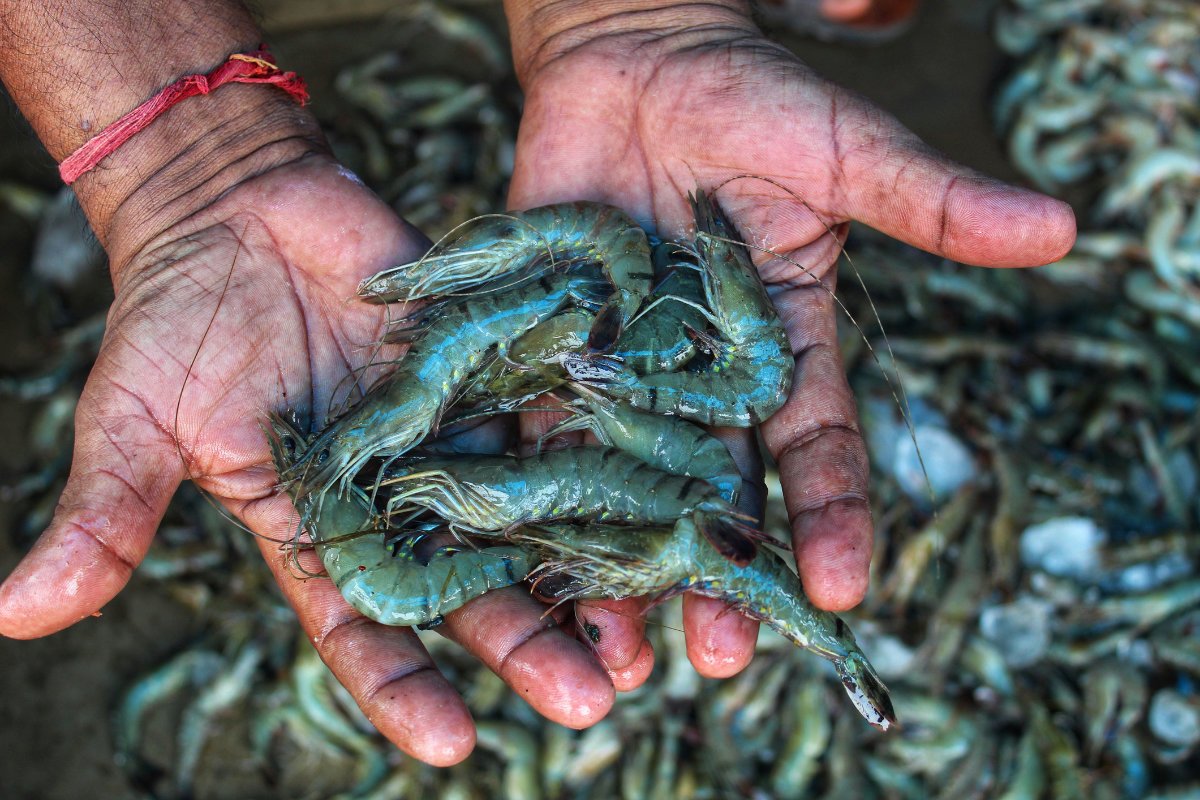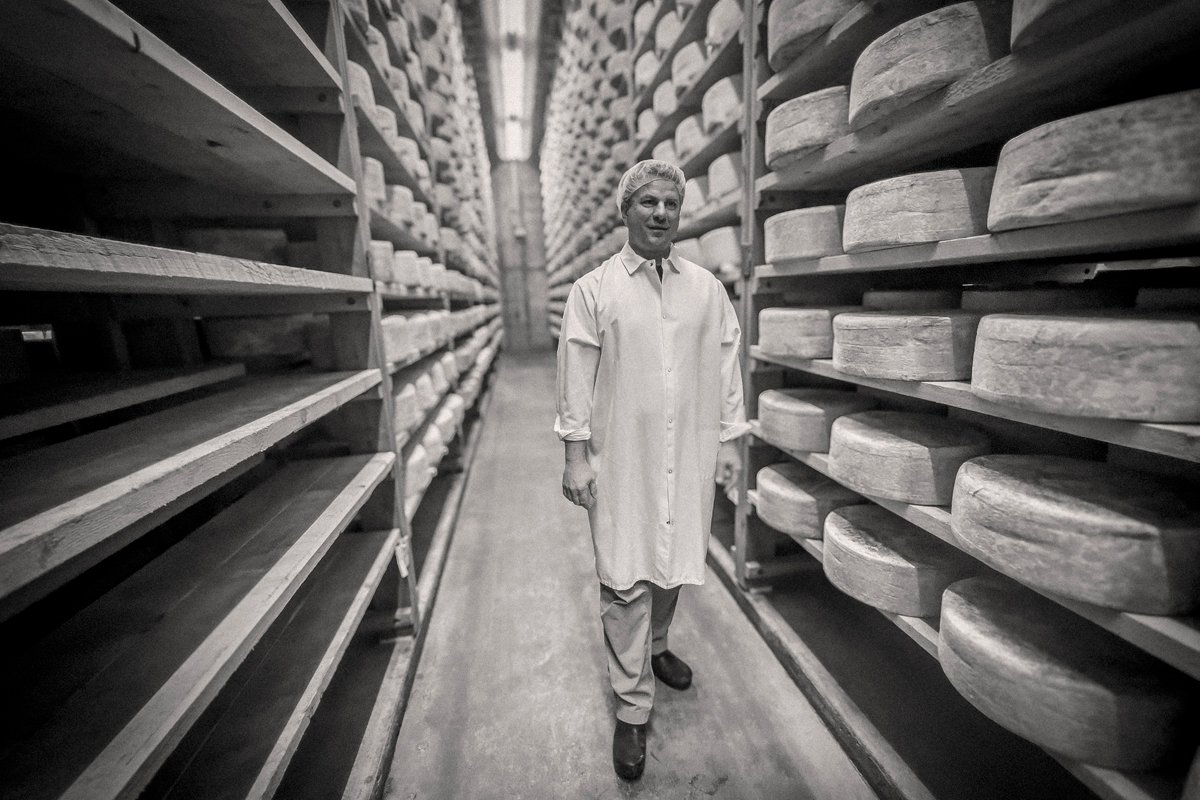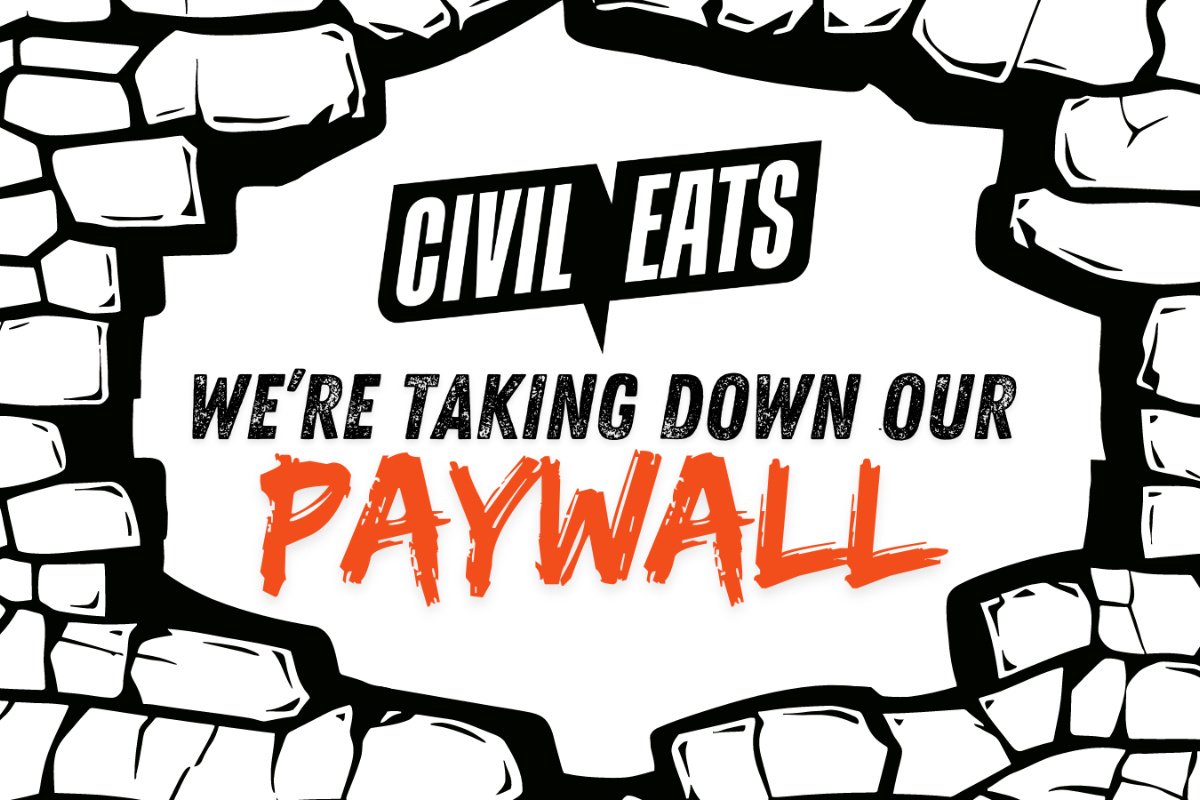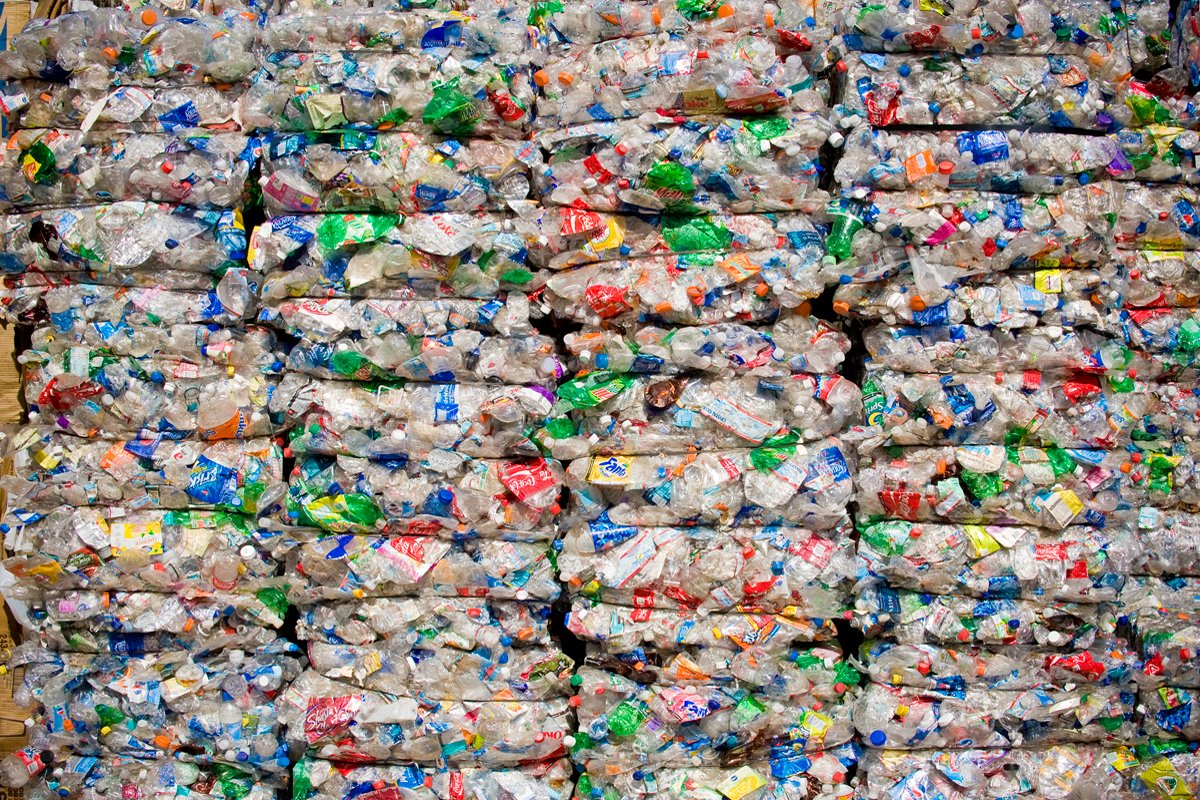In this week’s Field Report, shining a light on India’s exploited shrimp workers, the spread of avian flu, and the big banks undermining climate goals.

In this week’s Field Report, shining a light on India’s exploited shrimp workers, the spread of avian flu, and the big banks undermining climate goals.
April 17, 2024

A few months ago, along the coast of Andhra Pradesh in eastern India, Josh Farinella drove 40 minutes out of his way to visit workers who peel shrimp for Choice Canning, where he worked as a shrimp factory manager. He didn’t travel to the rural area for any of his job responsibilities; he was there to document injustice. He observed a crew of local women quickly peeling shrimp along rusty tables in 90-degree heat, wearing street clothes and flip-flops. They worked for long hours in a shed in a dirt field, far from the main work site, easily escaping the notice of auditors.
“These peeling sheds aren’t supposed to be there. They’re not supposed to be used by anybody,” Farinella told Civil Eats. “There are 20,000 pounds of shrimp per day going through these peeling sheds that are landing on U.S. grocery store shelves.” The high temperatures in the shed could easily lead to pathogen growth, he warned.
Farinella started his work for Choice Canning in 2015 at a production facility in his hometown of Pittston, Pennsylvania. In 2023, when the company offered him a high-paying managerial position at a new facility in Andhra Pradesh, he accepted. But four months into the job, he decided to come forward as a whistleblower, exposing what he says are the deplorable and unsanitary conditions in one of India’s largest shrimp manufacturers.
According to the company’s website, Choice Canning sells shrimp in more than 48,000 retail and food-service locations in the U.S. This includes major retailers like Walmart, Aldi, ShopRite, Hannaford, and HelloFresh, which advertise to consumers their commitments to sustainable seafood sourcing on their websites.
As Farinella was driving back to the town of Amalapuram, he recalled receiving a text from his wife with a photo of officers with machine guns outside their apartment. It was unusual timing. “It was one of those heart-beating-out-of-your-chest moments, like, does somebody know?” he said, worried that the company had caught on to his gathering dirt on its bad practices.
Soon after, Farinella quit his job, filed a complaint with the U.S. Food and Drug Administration, and flew back to the U.S. He took with him thousands of pages of documents, photographs, and videos, which have since been published by The Ocean Outlaw Project, alongside a vivid, reported account of his experiences at Choice Canning over the course of a few months of employment. According to the Project, this includes text messages that reveal that when Farinella informed the company’s vice president that shrimp had tested positive for antibiotics, which are banned in shrimp by the U.S. Food and Drug Administration, he was told to “ship it” to the U.S. anyway.
Choice Canning is far from an isolated bad actor in India’s $8.4 billion shrimp industry. Farinella’s whistleblower account coincides with a three-year investigation, “Hidden Harvest,” published in March by the Corporate Accountability Lab (CAL), exposing the human rights abuses rampant across India’s shrimp sector. The report documents how India’s shrimp is farmed and processed by a highly exploited workforce, rife with horrific abuses, including child labor, sexual harassment, debt bondage, and forced labor—to then be sold to many of the largest U.S. grocery retailers, often with a sustainability promise.
Building on the CAL’s report, the Associated Press (AP) traveled to Andhra Pradesh, the center of India’s farmed shrimp industry, visiting growing ponds, hatcheries, warehouses, and even the hidden peeling sheds. They observed women “barehanded or wearing filthy, torn gloves,” peeling shrimp crushed in ice for 10 hours per day. A local dermatologist told the AP that he treats “four to five shrimp peelers every day” for infections and frostbite on their fingers—at times, severe enough to require amputation.
“I am like a ghost worker,” a worker for Satya Sea Food, one of the many employees working without a contract or pay slips, told CAL. The workers are often recruited in groups and charged a steep fee, which they pay over time through paycheck deductions, forcing them into debt bondage. Surveillance cameras and security guards are often used to monitor the facilities and the shared housing, preventing workers from leaving the premises.
These findings reflect the shortcomings of corporate social responsibility in bringing meaningful reform to supply chains. As Civil Eats has reported, the Walton Family Foundation’s philanthropic commitments to regenerative agriculture and sustainable fisheries is undermined by Walmart’s business model, aimed at “squeezing suppliers and foisting the costs of production onto the small-town landscapes”—in this case, according to the Ocean Outlaw Project, rural India and the women risking their health to bring cheap shrimp to Walmart’s shelves.
This is obscured to even a discerning reader of food labels. Choice Canning, one of Walmart’s suppliers, misrepresented its practices to receive a Best Aquaculture Practices (BAP) certification, as the Ocean Outlaw Project reported. Likewise, many of the retailers named in CAL’s report, including Kroger, Aldi, and Whole Foods, work with the Conservation Alliance for Seafood Solutions (CASS), which recently released new guidance to inform their approaches to sustainable seafood commitments.
When asked about this apparent contradiction, a CASS representative replied: “Many companies are making progress in prioritizing ‘the human factor’ but the industry has a ways to go before social responsibility goals are fulfilled. All companies, even the current best performers, have more work to do.” The representative noted that CASS is not a regulatory agency, but rather focused on educating its members on best practices.
“It’s become increasingly clear that environmental and social responsibility are two sides of the same coin,” said Ryan Bigelow, CASS project director, in a separate statement emailed to Civil Eats. “If a company is treating people poorly, they most likely don’t care about the environment—and the reverse is also true.”
In the case of the Indian shrimp industry investigation, Bigelow said, low pay and inhumane working conditions coincided with environmental contamination from shrimp farm runoff. “This interconnectedness underscores the importance of companies embracing a holistic approach to sustainability, addressing both the well-being of workers and the health of the planet.”
The reports’ findings could have major implications for the domestic U.S. shrimp market, which imports around 90 percent of its shrimp. India is by far the largest supplier of U.S. shrimp, accounting for 40 percent of shrimp imports. The AP investigation concluded that the conditions they documented violated laws in India and the U.S. In March, the U.S. House of Representatives’ Committee on Natural Resources inquired into the issue, asking for further evidence from Farinella of violations of U.S. laws.
For years, U.S. wild shrimp harvesters have been calling to curb imported shrimp, which undermines their shrinking industry. Last year, shrimpers in Louisiana staged a protest at the state’s capital building, protesting their “starvation” wages. “We’d have to catch millions of pounds to survive with these shrimp prices,” a 51-year-old Louisiana shrimper told Civil Eats last spring. The shrimpers pointed to how they are struggling because they are competing with shrimp produced through highly exploited labor, as recent reports confirm.
“It’s absolutely our government’s responsibility to make sure what they’re permitting to come into this country is not being handled by slave labor,” said Kindra Arnesen, a Louisiana shrimp harvester and advocate for the domestic shrimp industry.
Under international trade law, the U.S. can only ban imports from locations that have violated U.S. human rights and environmental standards. “If India’s labor standards do not meet the U.S. labor standards, then yes, [the] U.S. could ban imports,” said Petros Mavroidis, a lawyer at Columbia Law School and former member of the World Trade Organization’s legal division. This has historically been a challenging bar for the U.S. shrimp industry, given the lack of transparency and limited testing of imported seafood supply chains.
“I hope it helps the U.S. industry,” Farinella told Civil Eats. “So much of this product is coming in from overseas at much lower prices. Part of that has to be with all the corners you’re cutting, with food safety and your basic human rights laws.”
Read More:
Cheap Imports Leave US Shrimpers Struggling With ‘Starvation Wages’
The US Is a Dumping Ground for Illegal Seafood. Some Lawmakers Want to Clean Up the Market
Diving—and Dying—for Red Gold: The Human Cost of Honduran Lobster
Avian Flu Spreads to Cattle. A highly pathogenic strain of the avian flu, known as H5N1, has spread to 16 cattle herds across six states. It’s the first time that the virus—which has been circulating in wild birds and poultry the U.S. since late 2021—has spread to cattle, according to the Center for Disease Control. This recent outbreak also marks the second time the virus has spread to a human in the U.S.: A Texas dairy worker contracted the virus after coming in contact with infected cattle. Fortunately, his only reported symptom was eye inflammation. Experts fear that the flu could have been transmitted through “poultry litter,” a type of cattle feed that contains poultry excrement, spilled feed, feathers, and other waste scraped off the floors of poultry barns.
Read more:
The Field Report: A Deadly Bird Flu Resurfaces
How Will Bird Flu Affect Backyard Poultry?
The Bankrollers of Methane. Major U.S. banks have been accused of undermining their “net zero” climate commitments by financing the livestock industry, the largest source of anthropogenic methane emissions in the world. Between 2016 and 2023, U.S. banks provided the livestock industry with $134 billion in loans or underwriting services, according to a new report by Friends of the Earth and Profundo. The Big Three lenders, as designated in the report, are Bank of America, JP Morgan Chase, and Citigroup.
Read more:
Methane from Agriculture is a Big Problem. We explain why.
How Climate Policy Gets Obstructed by the Meat Industry
From Livestock to Lion’s Mane, the Latest From the Transfarmation Project

September 4, 2024
By paying top dollar for milk and sourcing within 15 miles of its creamery, Jasper Hill supports an entire community.
September 3, 2024

August 27, 2024

August 26, 2024

The bycatch (non-target fish, invertebrates and other species) that is killed and wasted is OBSCENE.
The damage to 'live bottom' and benthic habitat caused by shrimp trawling is also obscene.
Plus other environmental harm such as the carbon footprint from the diesel-powered old tubs they use.